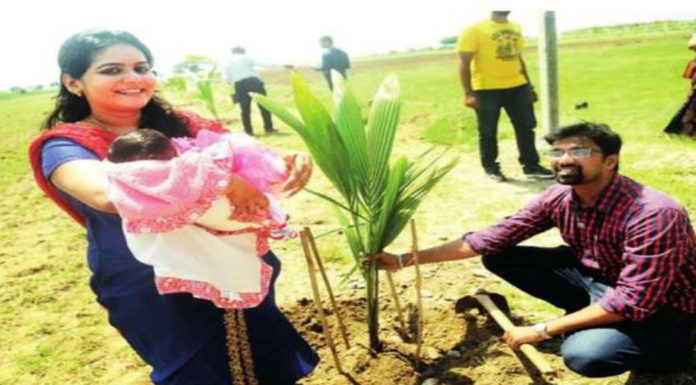Social Anxiety Disorder (SAD) takes its form in people almost from the beginning of childhood and adulthood. Along with the universality in this fact, another interesting point is that it co-occurs with depressive disorders. Infact, SAD is an important analyst of consequent depressive disorders in a person’s life and contributes to major depression. An extreme rise in self-conscious emotions like guilt, embarrassment, shame results in the affected people looking at themselves in an inferior manner and be overly concerned about what others might think of themselves to the extent that it might establish a non-assertive and submissive defensive behavior among them. This social phobia is either very specific or generalized in a broader sense but whatever effects it may have, they seem to be present among a large section of people, more than we may want to believe.
Some of the most significant symptoms of emotional distress during certain social situations that indicate the presence of SAD in a person can be attributed to circumstances involving introduction with other people, interpersonal relationships, social encounters with strangers, facing interviews or meeting people of importance, parties, criticism, presentations, etc. The affected people generally appear withdrawn, aloof, nervous, or disinterested all the time. There’s this fear of negative evaluation and shame and may result in the affected dismissing any sort of positive aspect of a situation. However, this does not necessarily mean that such symptoms are the direct causation of depression but they invariably have a correlation with depression. Ironically, these people have deep seated fear which prevents them from approaching and succeeding in social situations even if they want to be included or feel wanted. SAD is a result of complex interaction between biological and environmental factors enveloping a person, invoked by childhood environment (any distinct trauma or situation that made an impact in the past), inherited traits (either acquired or inherited genetically), the structure of the brain, temperament, etc. Sometimes the affected may even adhere to unhealthy coping mechanisms which fuel up the depression issues.
However, research offers the leeway in reducing the possibility of depressive disorders in later life with early identification of and interventions in socially anxious children. Cognitive behavior therapists have relentlessly tried to explore the various aspects of submissive behavior and thereby establish a relationship between these behaviors and the tendency to self-evaluate mostly depending on social ranks. Although this is believed to be a very tardy process, but a permanent positive outcome can be expected if one goes through proper therapy with a punctual and diligent attitude towards it. An effective therapy molds the survivor’s approach towards rationality, thoughts, beliefs and life.
It is also very important to be honest with your therapist. If you don’t let them enter your zone or keep them in the dark about what is going inside your mind, you’re wasting more of your time and energy. They might know the tricks to read your mind but to what extent they can, depends on you. Sometimes the affected might do that because they become overly conscious or presume nothing can help them. For this, a perfect therapy environment is one which is friendly, approachable and not too clinical. Another most important element in overcoming social anxiety is, as psychologists say, to understand yourself is to help yourself. Accepting that you have troubles that cause you fear and guilt unnecessarily doesn’t mean you are mental or damaged. It just means there is a difficult situation and it needs to be solved. If that requires external help, there’s no harm in it. Sharing and opening up to peers who you can relate to have also been encouraged by therapists.

























